Home / jammu-kashmir / Two Militants Killed in Bandipora and Kupwara: A S
Two Militants Killed in Bandipora and Kupwara: A S
By: My India Times
4 minutes read 47Updated At: 2024-11-07
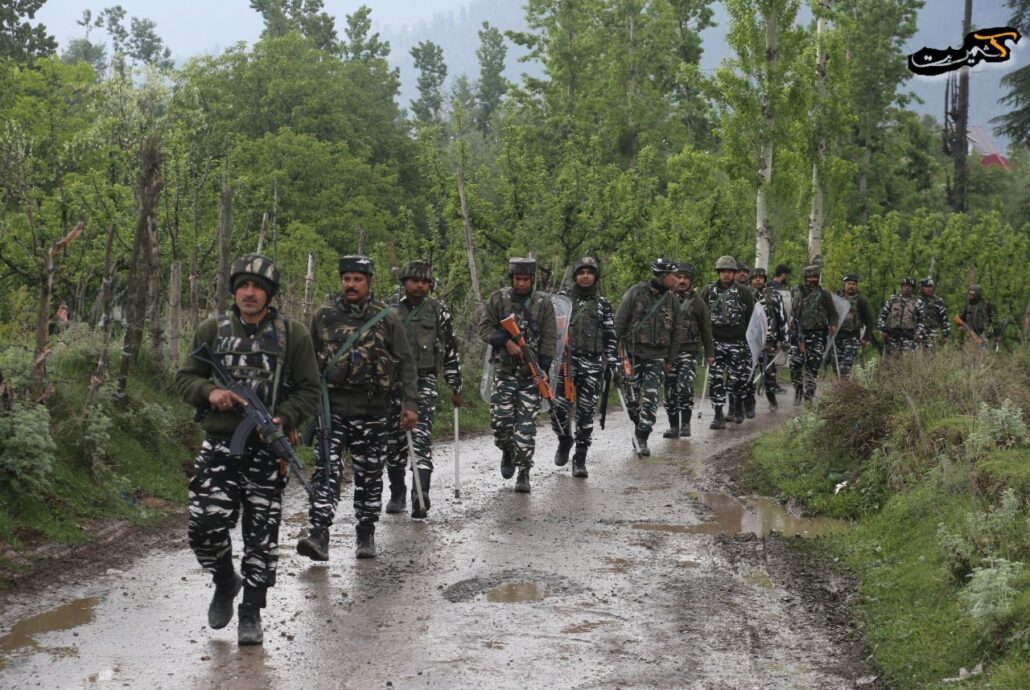
In a decisive anti-militancy operation on Wednesday, November 6, 2024, the security forces eliminated two militants in the Bandipora and Kupwara districts of north Kashmir. The operations, carried out by the Indian Army, were part of ongoing efforts to neutralize militant threats in the volatile region. One of the militants was killed in the ongoing operation in the Kaitsan forest of Bandipora, where the security forces engaged militants in a fierce firefight earlier this week.
The Complex Battle for Peace
The military operations, which resulted in the deaths of two militants, reflect the ongoing struggle for peace and stability in Jammu and Kashmir, a region that has witnessed decades of unrest. While the operation was a success for the security forces, it also raises questions about the broader impacts of such violence on local communities.
For residents of Bandipora, the sound of gunfire and the presence of soldiers are not new. "We are used to these operations now, but it still shakes us every time," said Faizan, a local shopkeeper in Bandipora. "The security forces are doing their job, but it's the families of the militants who suffer the most. It’s a difficult situation for everyone involved."
The Price of Conflict
The fight between security forces and militants in Bandipora is more than just a military confrontation—it is part of a larger cycle of violence that affects civilians. While the operations aim to dismantle militant networks, the human toll is felt across the region. Families living in the vicinity of conflict zones often find themselves trapped in the middle, caught between the forces of insurgency and the security operations meant to counter them.
Ayesha, a resident of a nearby village in Bandipora, spoke about her fears: "Every time there is an operation, we pray for peace. But the fear never really leaves. We just want our children to grow up in safety, without this constant threat hanging over us."
Local Heroes: Security Forces and Their Impact
The security forces' role in these operations goes beyond neutralizing threats—it is about providing reassurance to the people who live with the fear of violence every day. Lieutenant Colonel Vikas, who is stationed in Bandipora, emphasized the complexities of their mission: "Our job is to protect the people of this region while ensuring that militants who pose a danger are dealt with swiftly. We understand the human cost of this conflict, and our responsibility is to minimize it."
While the operations continue, the Army’s presence in these areas also serves as a reminder of the long-standing security concerns that have shaped the lives of residents. For many, the constant vigilance of the Army is both a source of security and a reminder of the unrest that has plagued the region for decades.
The Militants' Stories
While the deaths of militants are often seen as military victories, they are also part of a larger narrative of radicalization and conflict that has affected many young people in the region. As the bodies of the two militants were recovered, questions arose about their backgrounds, motivations, and the circumstances that led them to take up arms.
“We don’t know their names yet, but every time we hear of someone joining militant ranks, it’s a sad story,†said Tariq, a college student from Srinagar. “These are young people who, somewhere along the way, felt like violence was their only choice. There’s always more to the story than just fighting.â€
The Human Cost of Security Operations
For many in the region, the end of each operation is just the beginning of another chapter of uncertainty. While the elimination of militants might provide temporary relief to security forces and civilians, the underlying tensions in the region persist. Families who have lost loved ones in crossfire, residents who live under the shadow of military operations, and even the militants themselves are all caught in the web of a larger conflict.
Hassan, a farmer from Kupwara, summed up the feelings of many: “We want peace more than anything. No one here wants violence to continue. But we also want to live without fear. The battle is as much for hearts and minds as it is for territory.â€
A Call for Lasting Peace
As security forces continue their operations in Kashmir, the question of how to achieve lasting peace remains a central concern for everyone involved. The deaths of militants may be seen as victories in the battle against insurgency, but for the people of Kashmir, the real victory lies in a future where children like Faizan’s and Ayesha’s can grow up without the fear of gunfire or military operations.
For now, residents of Bandipora, Kupwara, and across Kashmir hold onto hope that peace will eventually triumph over conflict. But in a region shaped by decades of tension and violence, that hope is fragile, and every operation adds another layer to the complex story of the Kashmir conflict.
....In a decisive anti-militancy operation on Wednesday, November 6, 2024, the security forces eliminated two militants in the Bandipora and Kupwara districts of north Kashmir. The operations, carried out by the Indian Army, were part of ongoing efforts to neutralize militant threats in the volatile region. One of the militants was killed in the ongoing operation in the Kaitsan forest of Bandipora, where the security forces engaged militants in a fierce firefight earlier this week.
The Complex Battle for Peace
The military operations, which resulted in the deaths of two militants, reflect the ongoing struggle for peace and stability in Jammu and Kashmir, a region that has witnessed decades of unrest. While the operation was a success for the security forces, it also raises questions about the broader impacts of such violence on local communities.
For residents of Bandipora, the sound of gunfire and the presence of soldiers are not new. "We are used to these operations now, but it still shakes us every time," said Faizan, a local shopkeeper in Bandipora. "The security forces are doing their job, but it's the families of the militants who suffer the most. It’s a difficult situation for everyone involved."
The Price of Conflict
The fight between security forces and militants in Bandipora is more than just a military confrontation—it is part of a larger cycle of violence that affects civilians. While the operations aim to dismantle militant networks, the human toll is felt across the region. Families living in the vicinity of conflict zones often find themselves trapped in the middle, caught between the forces of insurgency and the security operations meant to counter them.
Ayesha, a resident of a nearby village in Bandipora, spoke about her fears: "Every time there is an operation, we pray for peace. But the fear never really leaves. We just want our children to grow up in safety, without this constant threat hanging over us."
Local Heroes: Security Forces and Their Impact
The security forces' role in these operations goes beyond neutralizing threats—it is about providing reassurance to the people who live with the fear of violence every day. Lieutenant Colonel Vikas, who is stationed in Bandipora, emphasized the complexities of their mission: "Our job is to protect the people of this region while ensuring that militants who pose a danger are dealt with swiftly. We understand the human cost of this conflict, and our responsibility is to minimize it."
While the operations continue, the Army’s presence in these areas also serves as a reminder of the long-standing security concerns that have shaped the lives of residents. For many, the constant vigilance of the Army is both a source of security and a reminder of the unrest that has plagued the region for decades.
The Militants' Stories
While the deaths of militants are often seen as military victories, they are also part of a larger narrative of radicalization and conflict that has affected many young people in the region. As the bodies of the two militants were recovered, questions arose about their backgrounds, motivations, and the circumstances that led them to take up arms.
“We don’t know their names yet, but every time we hear of someone joining militant ranks, it’s a sad story,†said Tariq, a college student from Srinagar. “These are young people who, somewhere along the way, felt like violence was their only choice. There’s always more to the story than just fighting.â€
The Human Cost of Security Operations
For many in the region, the end of each operation is just the beginning of another chapter of uncertainty. While the elimination of militants might provide temporary relief to security forces and civilians, the underlying tensions in the region persist. Families who have lost loved ones in crossfire, residents who live under the shadow of military operations, and even the militants themselves are all caught in the web of a larger conflict.
Hassan, a farmer from Kupwara, summed up the feelings of many: “We want peace more than anything. No one here wants violence to continue. But we also want to live without fear. The battle is as much for hearts and minds as it is for territory.â€
A Call for Lasting Peace
As security forces continue their operations in Kashmir, the question of how to achieve lasting peace remains a central concern for everyone involved. The deaths of militants may be seen as victories in the battle against insurgency, but for the people of Kashmir, the real victory lies in a future where children like Faizan’s and Ayesha’s can grow up without the fear of gunfire or military operations.
For now, residents of Bandipora, Kupwara, and across Kashmir hold onto hope that peace will eventually triumph over conflict. But in a region shaped by decades of tension and violence, that hope is fragile, and every operation adds another layer to the complex story of the Kashmir conflict.
By: My India Times
Updated At: 2024-11-07
Tags: jammu-kashmir News | My India Times News | Trending News | Travel News
Join our WhatsApp Channel




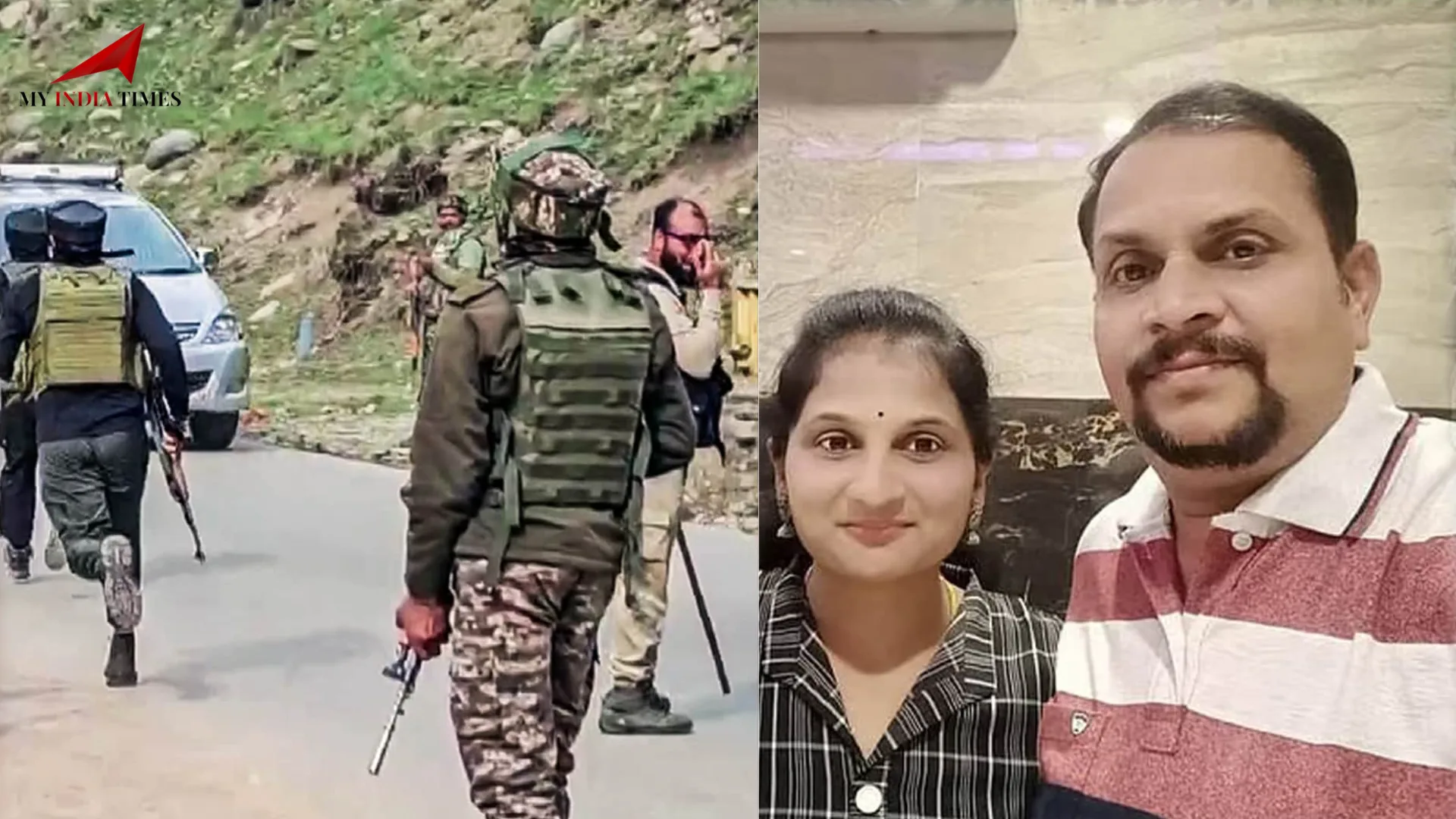
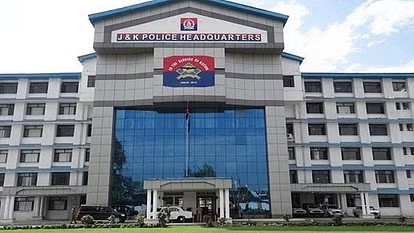
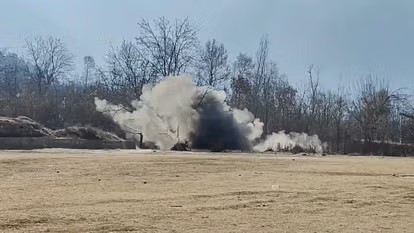
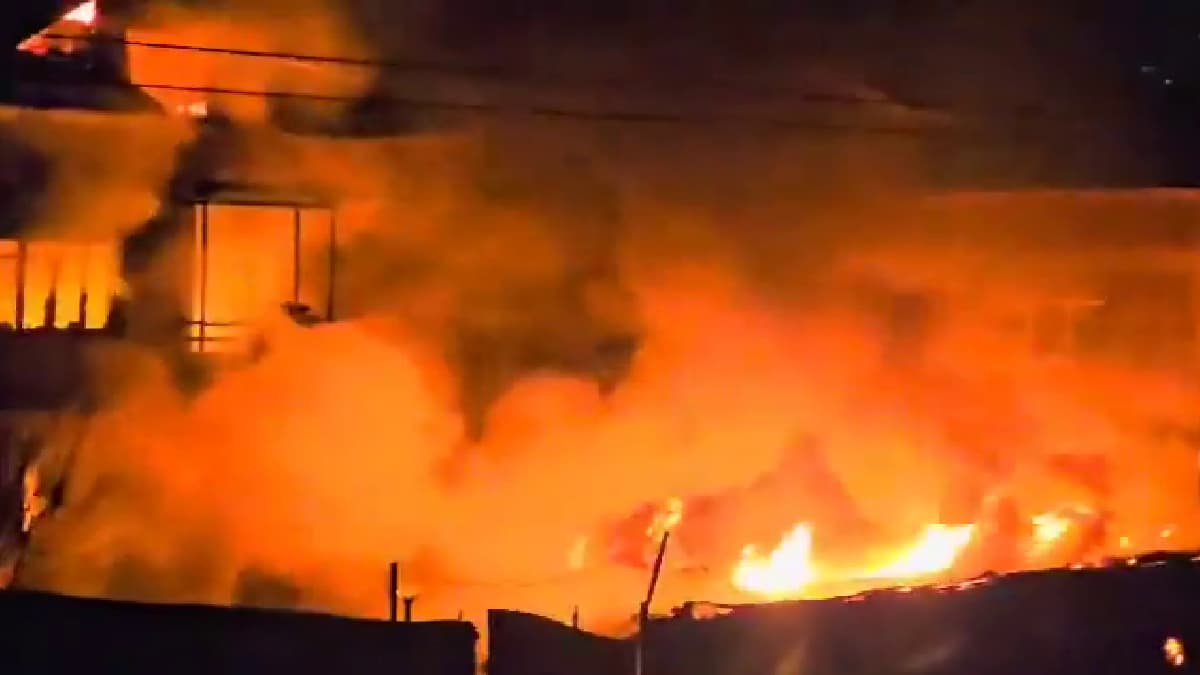
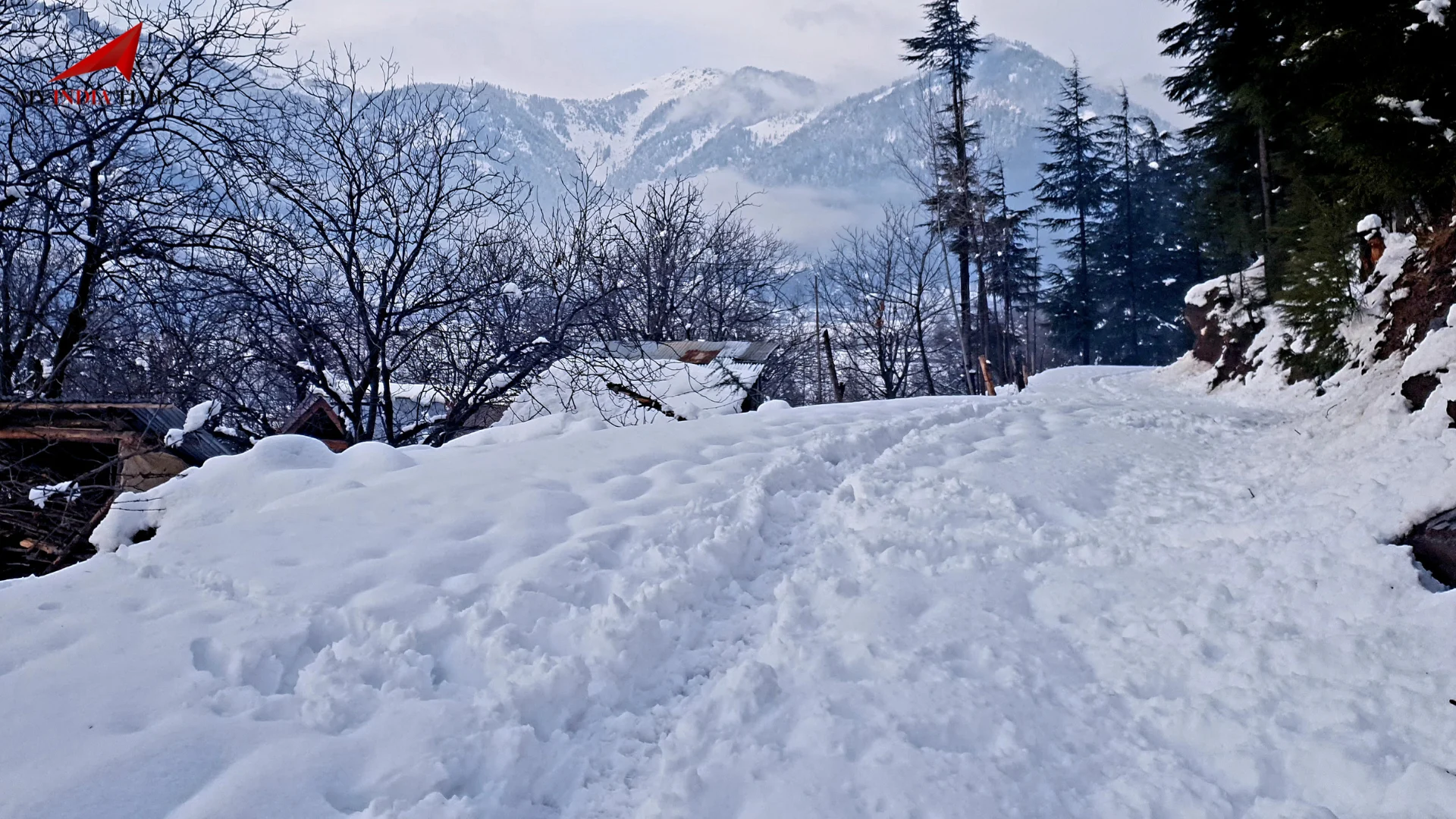



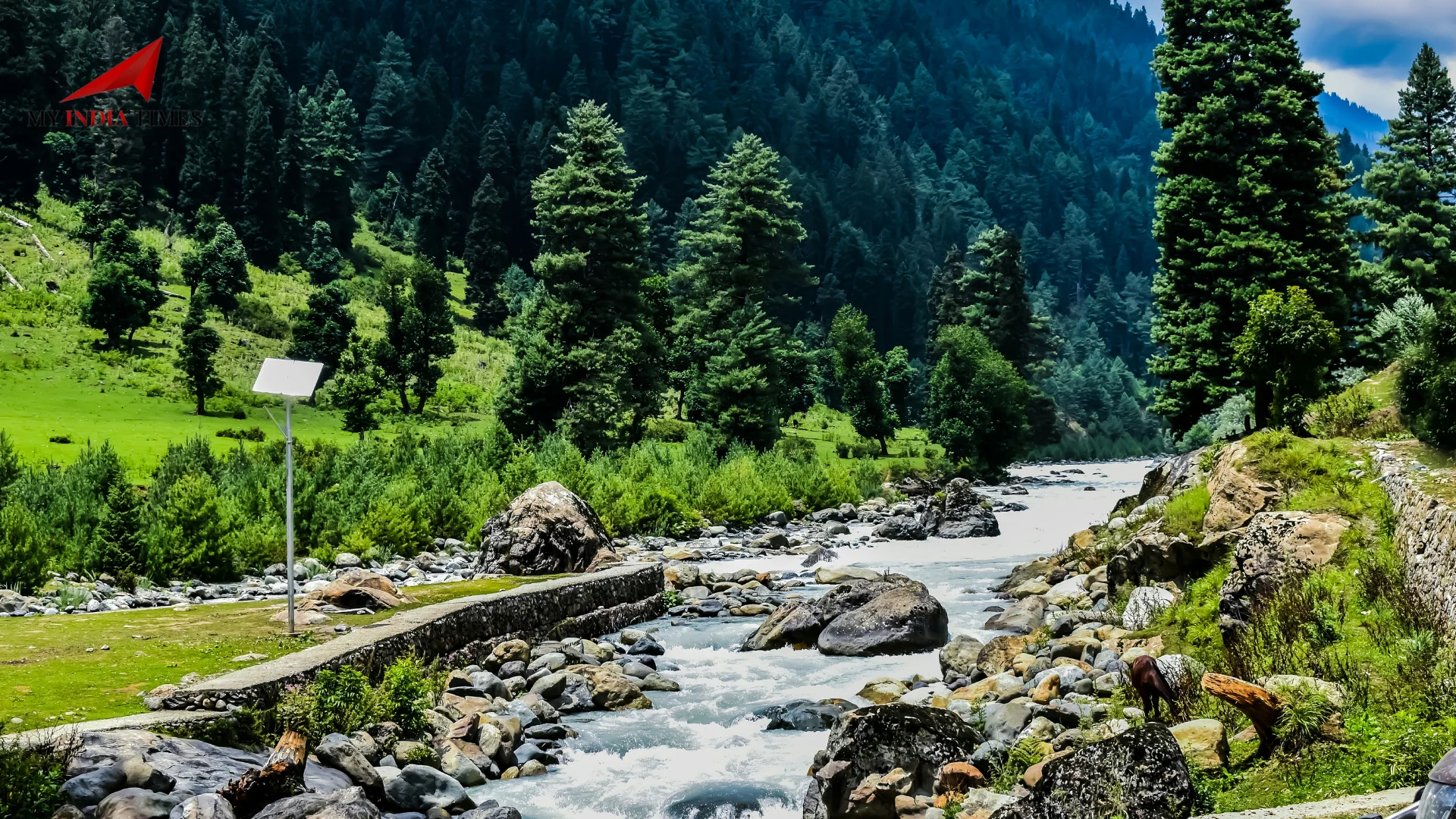
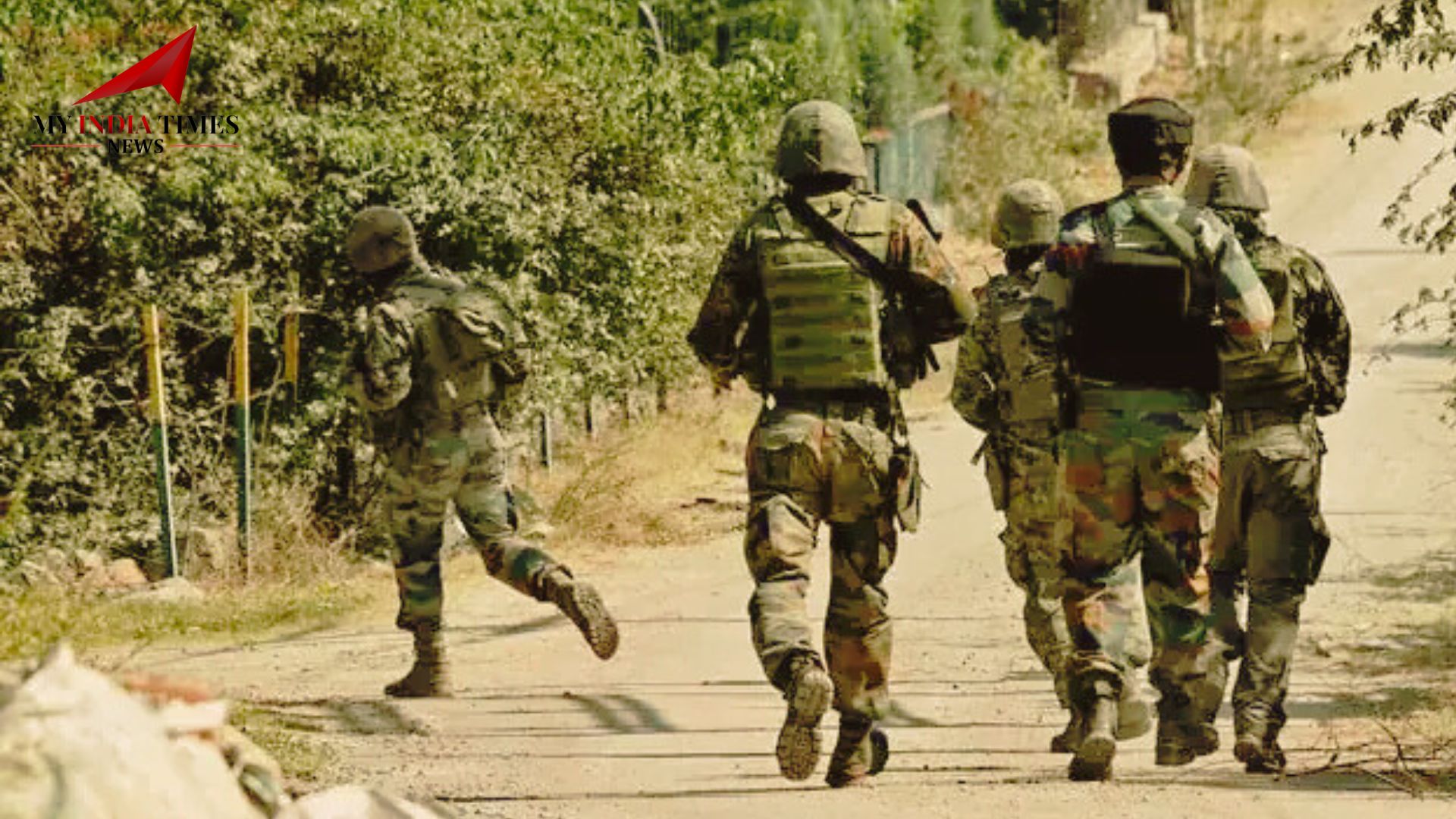
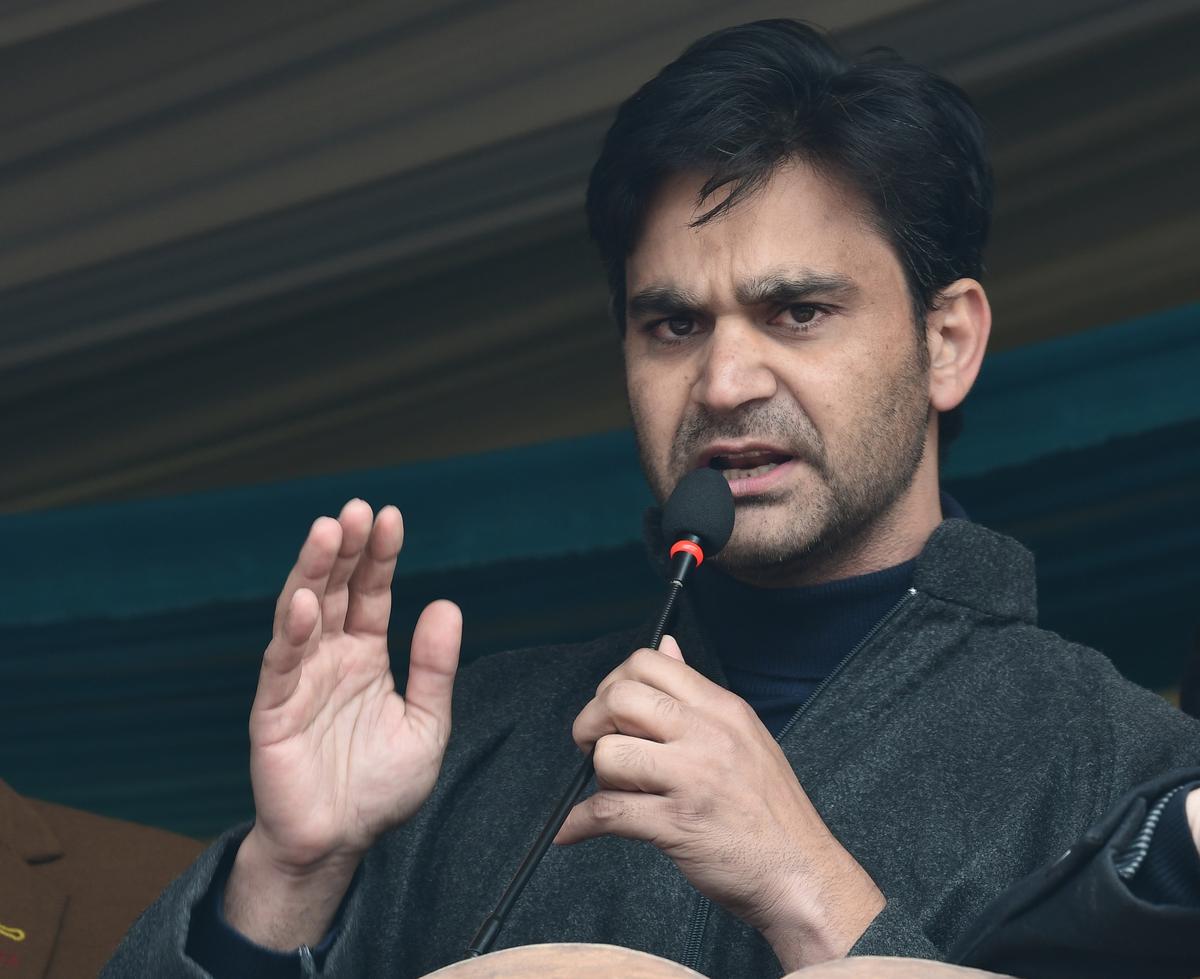

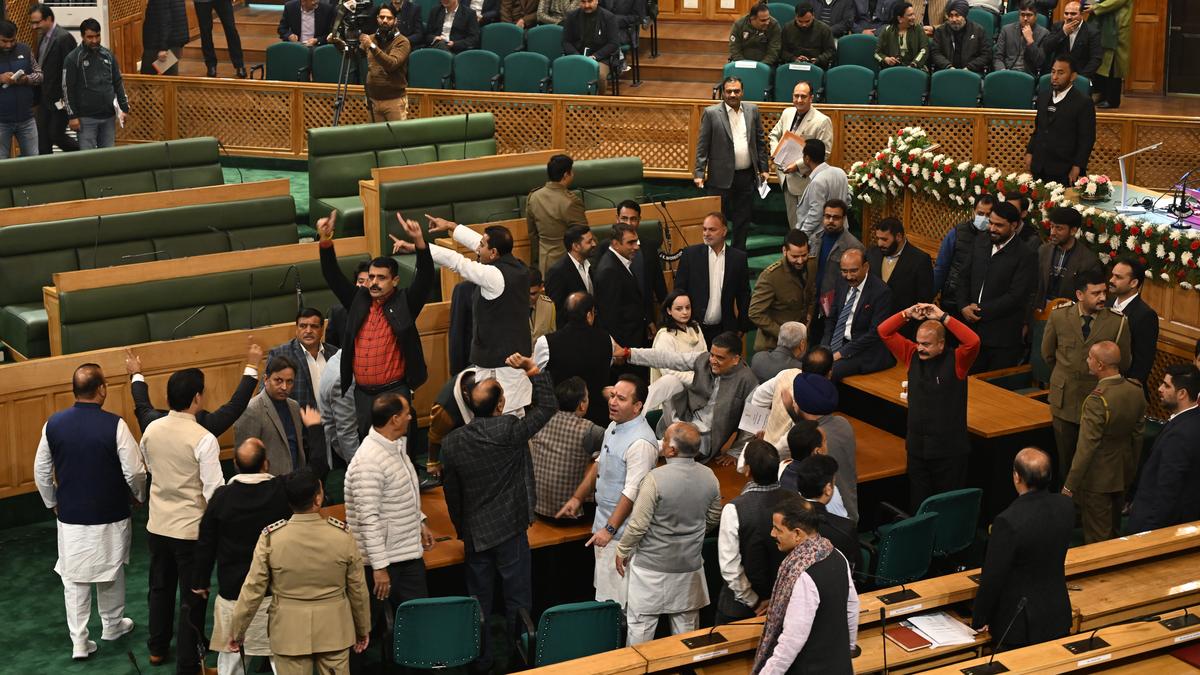

























































































.png)
 (1).png)























